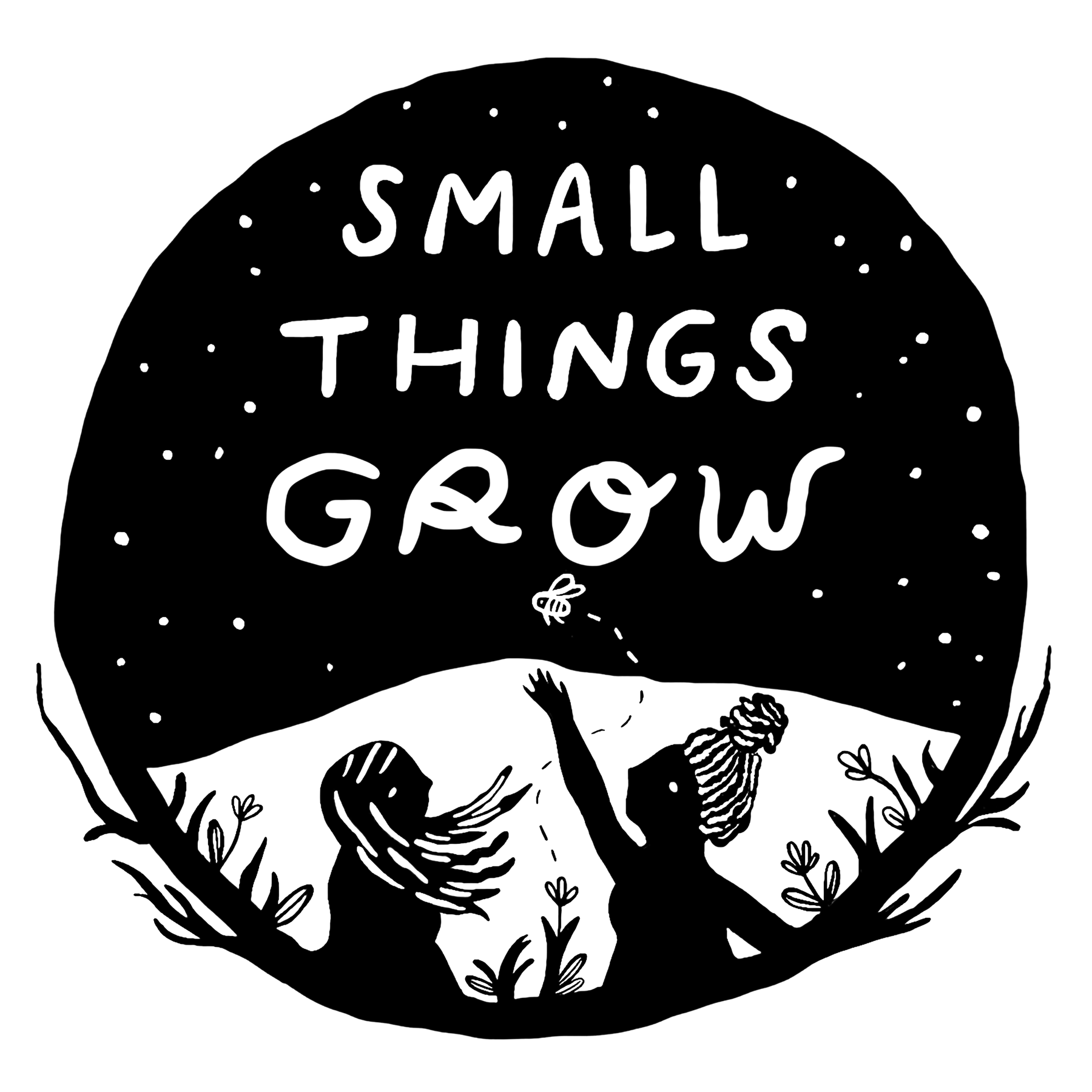Selected Resources Concerning the Safety and Benefits of Homebirth
“Experiences have clearly shown that an approach which ‘de-medicalizes’ birth, restores dignity and humanity to the process of childbirth, and returns control to the [birthing person] is also the safest approach”
Here is a good place to start if you are looking for a comprehensive list of some of the research on Homebirth. This compilation provides a summary of many important studies, along with publication information if you would like to read the original research.
"….The results demonstrate that, amongst carefully selected studies of women with low-risk pregnancies in high-income countries, planned place of birth appears to have little significant impact on adverse perinatal outcomes. Moreover, women who planned to give birth in a birth centre or at home had significantly lower odds for intervention and severe morbidity in labour and birth"
"Descriptive data from the first 6 years (2004-2009) of the MANA Statistics Project demonstrate that for this large, national cohort of women who planned home births under the care of a midwife, perinatal outcomes are congruent with the best available data from population-based observational studies that have evaluated outcomes by intended place of birth and by pregnancy risk profiles. Low-risk women in this sam- ple experienced high rates of normal physiologic birth and very low rates of operative birth and interventions, with no concomitant increase in adverse events. "
"Planned home birth for low risk women in North America using certified professional midwives was associated with lower rates of medical intervention but similar intrapartum and neonatal mortality to that of low risk hospital births in the United States."
Another annotated guide to some of the research around homebirth, this time compiled by MANA (the Midwifery Association of North America).
"Midwives practicing in homes and midwife-managed birth centers can implement evidence-based management and new procedures more rapidly. The philosophic tenets of the hallmarks of midwifery include the advocacy of non- intervention in the absence of complications, the incorporation of scientific evidence into clinical practice, and advocacy for informed choice, shared decision-making, and the right to self-determination. Continuity of care and continuous labor presence is inherent in homebirth midwifery practice. Exposure to process and protocols within autonomous practices in out-of-hospital settings may provide opportunities for midwives to reduce the theory–practice gap. "

